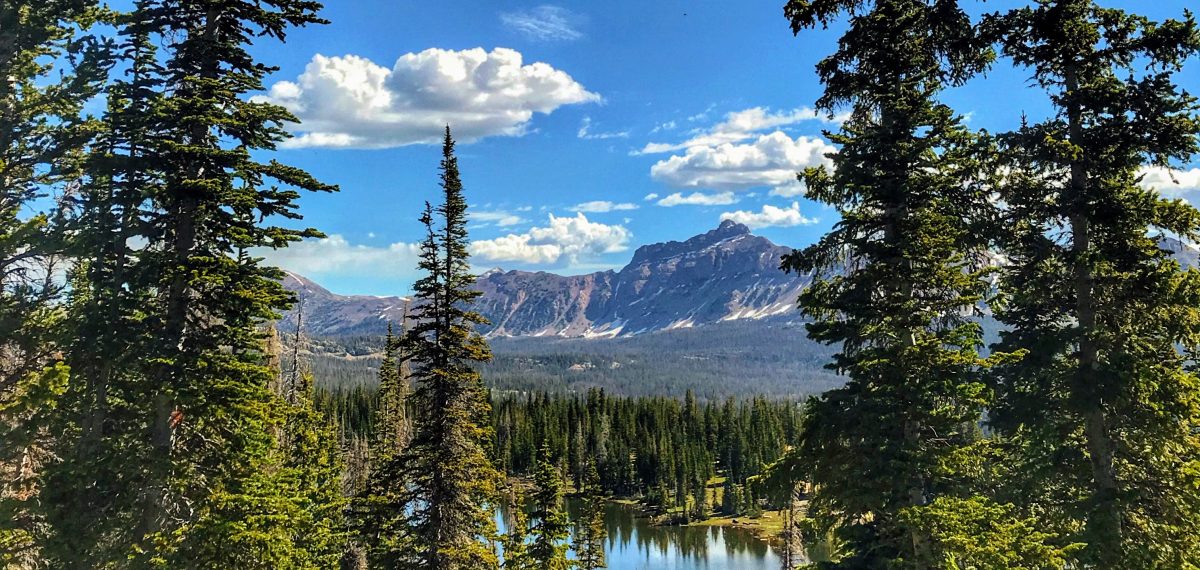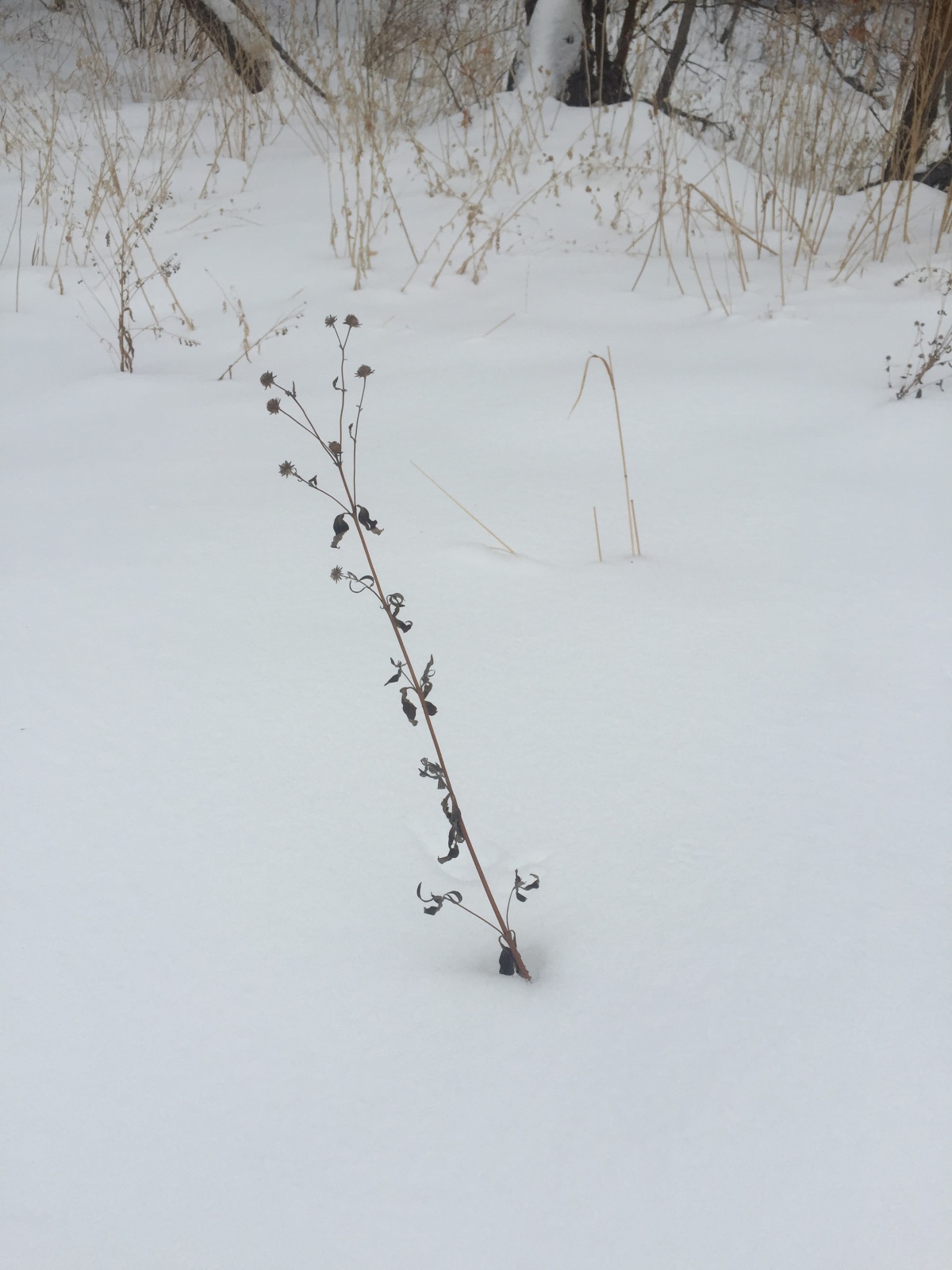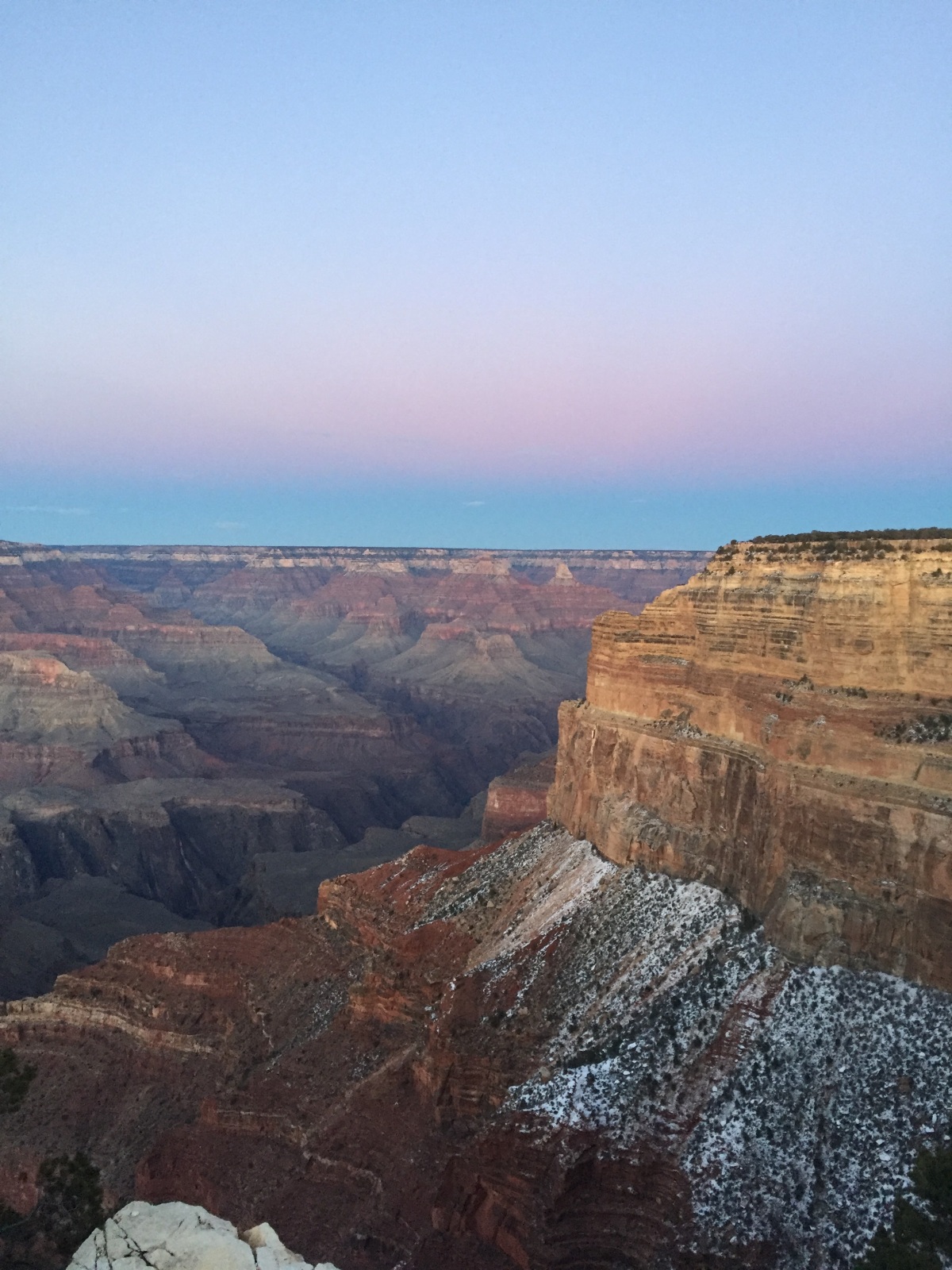While returning to my hometown and spending the holidays with my family, I witnessed a beautiful reunion of childhood friends. We took a detour home one Sunday through my dad’s childhood neighborhood. By some perfect coincidence, we saw his childhood friend (that my dad hadn’t seen in nearly 30 years) pull into his driveway. My dad quickly stopped the car, and waved down his friend.
Seeing my dad talk with his old hometown friend was nothing short of paradigm-shifting. Seeing this man, likely weary in some ways of the world he inhabits, light up when he saw the face of a childhood friend was transcendently beautiful. I had several thoughts as a result.
Life is very short, how fast it must feel to my dad’s friend, occupying the same house, the one he grew up in, for 50 years. This turned my mind to the words of famous defense attorney Clarence Darrow, “We are all poor, blind creatures bound hand and foot by the invisible chains of heredity and environment, doing pretty much what we have to do in a barbarous and cruel world.” He used this merciful frame of mind to explain his approach to the law, including defending infamous defendants, even murderers. I tend to view the world in slightly more miraculous and beneficent ways, but I think his point is valuable, and echoes Abraham Lincoln’s expansive view of humanity when he said of the South, and their slave-owning economy, “they are just what we would be under similar circumstances.”
Often we meanly objectify someone’s worth. We want to know what they did to deserve our attention, our respect, our interest. This commodification of the soul has highly destructive repercussions, but the strongest rebuttal of this ideology is also the simplest. To see the life-force, the sentience, the soul-strength, of a living being is enough to know that it is good. Walt Whitman describes this goodness of earth and the things around us in breathless rejoicings.
“I pass death with the dying and birth with the new-wash’d babe,
and am not contain’d between my hat and boots, And peruse manifold objects, no two alike and every one good, The earth good and the stars good, and their adjuncts all good.
I am not an earth nor an adjunct of an earth, I am the mate and companion of people, all just as immortal and
fathomless as myself, (They do not know how immortal, but I know.)”
There is no need to justify ourselves to another, or seek status. The gravity of existence is self-evident.
And nothing emphasizes the preciousness of life as its own tenuousness. My wife and I slept over at a small rented room during our stay, and one evening we found a small cricket in the corner of the tiled bathroom. Its existence was as tenuous as it gets. Perhaps we were tempted, slightly, to play god. At least a cold and distant god, ready to rid ourselves of a temporary annoyance in the most permanent and, for the cricket, catastrophic way. How easy it is to crush crickets and the human spirit.
This same delicate dance of survival played in front of me this past summer, in one particularly memorable moment. I stood on a bridge overlooking a fall on the Provo river. A beautiful bird, an American Dipper–the only aquatic songbird in North America–fluttered from rock to rock just inches above the falls (the pair of falls descend about two feet each). I could feel my palms sweating as this small bird fluttered about, in and out of the river, and foraged precariously close to what would have surely been a deadly fall. It survived, and the melodrama quickly faded. But in those moments the weight of existence made itself known. It felt like a low-watt God-like moment, of sorts, to watch the desperate and beautiful struggle play out with an intense sympathy.


